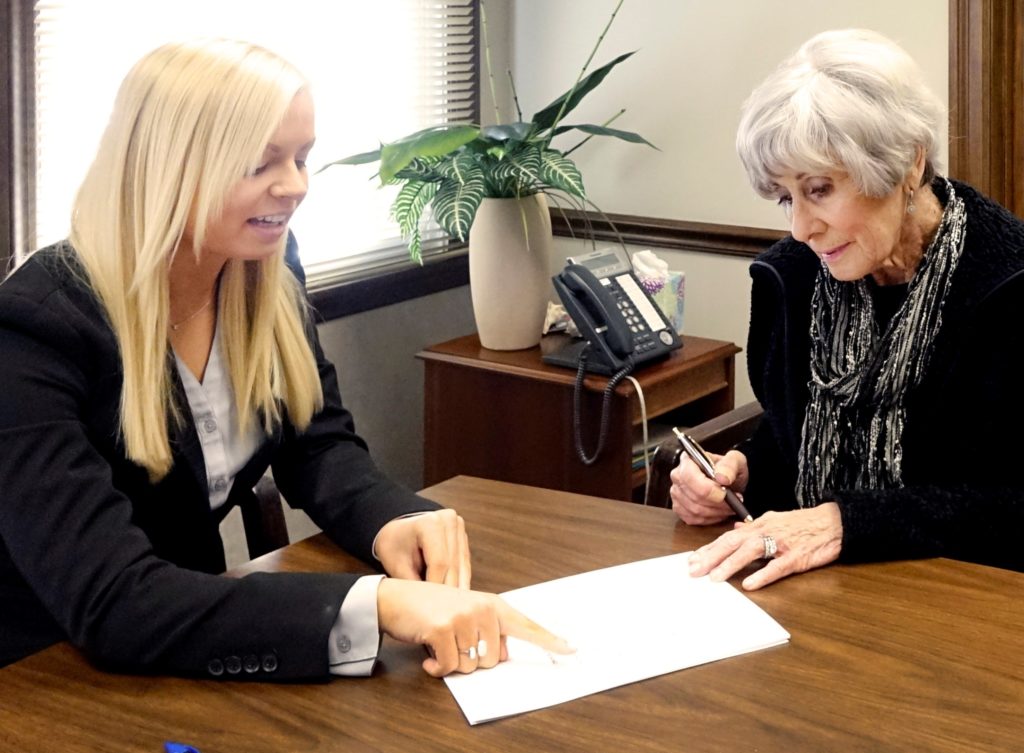There’s an old saying that the two best days in a boat owner’s life are the day they buy their boat and the day they sell it. Forbes’ recent article entitled “How To Be An Effective Trustee” says that a similar notion applies to being a trustee – it’s an honor to be named and then a huge relief when it’s over. That’s because being a trustee is difficult. What’s involved with being a trustee?
First, for those who are not fully aware of these legal terms, a trust is a fiduciary relationship in which one party (the trustor) gives another party (the trustee) the right to hold title to property or assets for the benefit of a third party (the beneficiary). Trusts are created to provide legal protection for the trustor’s assets, to make certain those assets are distributed according to the wishes of the trustor, and to save time, reduce paperwork and, in some cases, avoid or reduce inheritance or estate taxes.
Being a trustee requires knowledge about a wide range of topics, including:
- The trustee’s fiduciary duties, which include loyalty, impartiality, duty of care, protection of trust property, enforcement of claims and the duty to inform and account to beneficiaries, among others (violation of these duties exposes the trustee to liability)
- Understanding the details of the trust, like the specifics of the distribution instructions
- Investments and the ability to engage and monitor investment managers
- Administrative matters, such as record keeping and principal and income accounting
- Estate planning, trusts and the basics of the estate, gift and generation skipping taxes
- Income tax, including how trusts are taxed both by the federal government and the state
A trustee must also be able to productively communicate and work with the beneficiaries on their financial wellness and distribution needs, which is an area that can be full of conflict. Beck, Lenox & Stolzer has experienced many situations where the trustee is trying to do the right thing and has to deal with any number of impatient and angry beneficiaries.
If you are trying to identify a possible trustee to manage the trust you are going to have created, and need to fully understand what’s involved with being a trustee, talk with your estate planning attorney to discussion your situation in detail. Your attorney, like the ones at Beck, Lenox & Stolzer, can give you the good, the bad, and the ugly about choosing an appropriate trustee.
Reference: Forbes (May 31, 2022) “How To Be An Effective Trustee”










